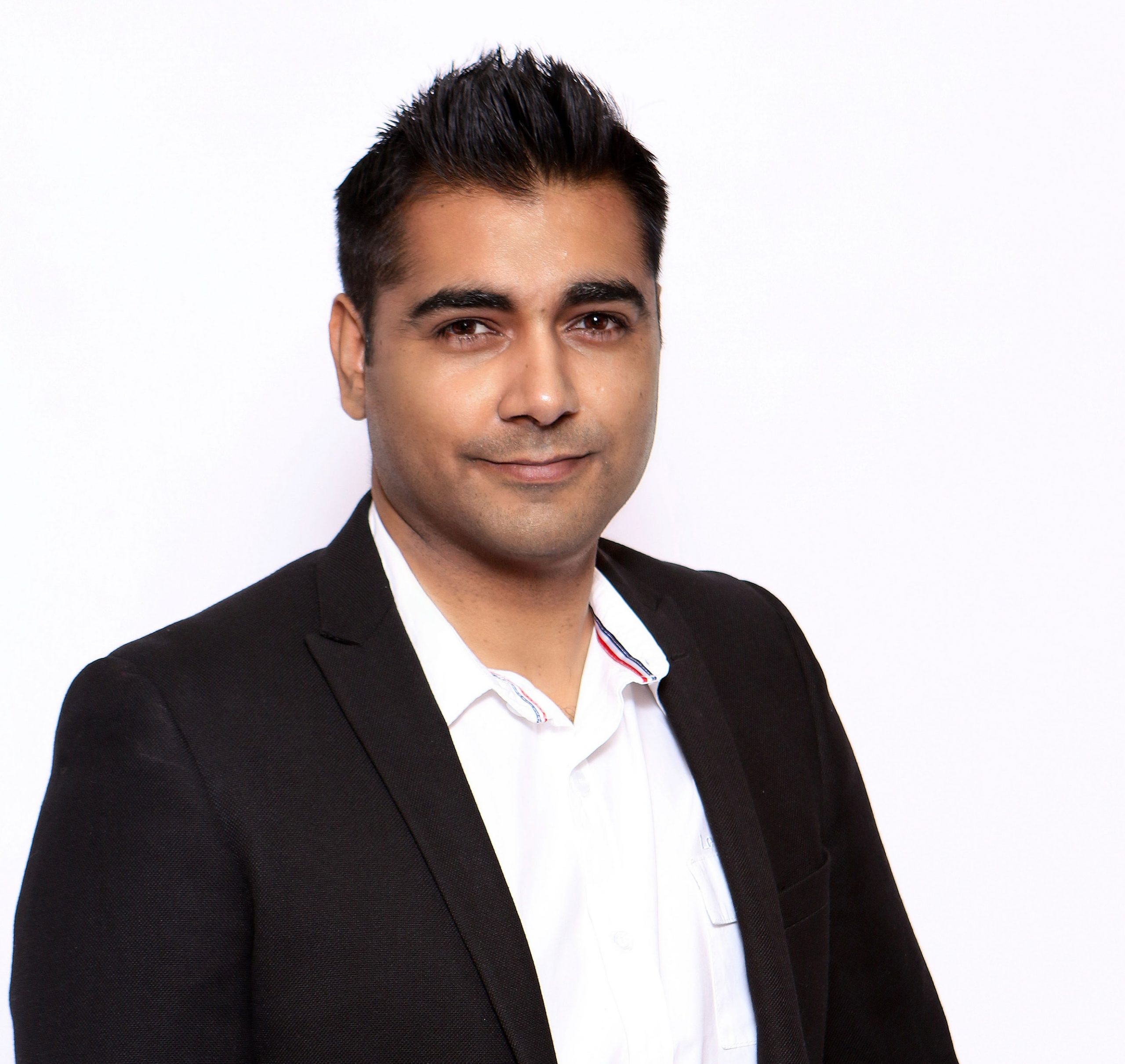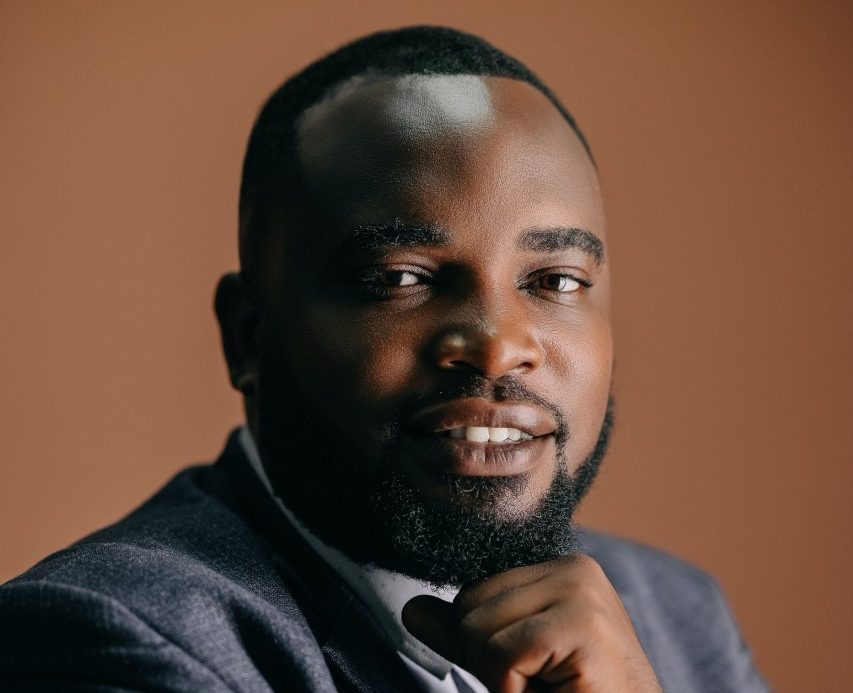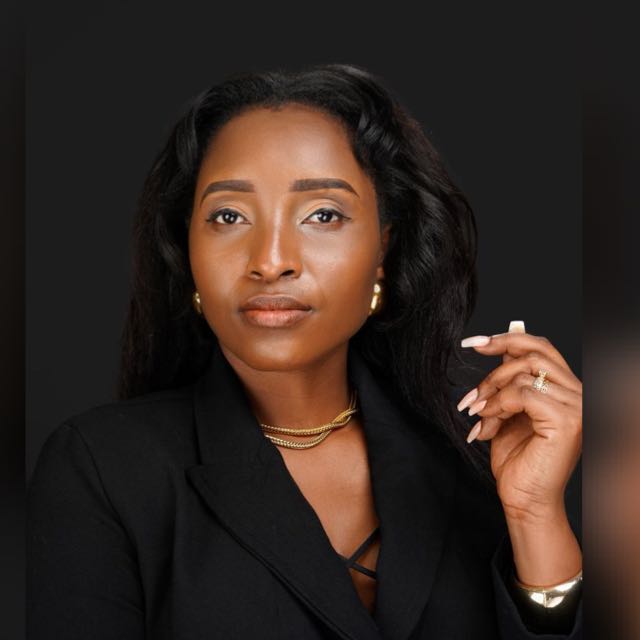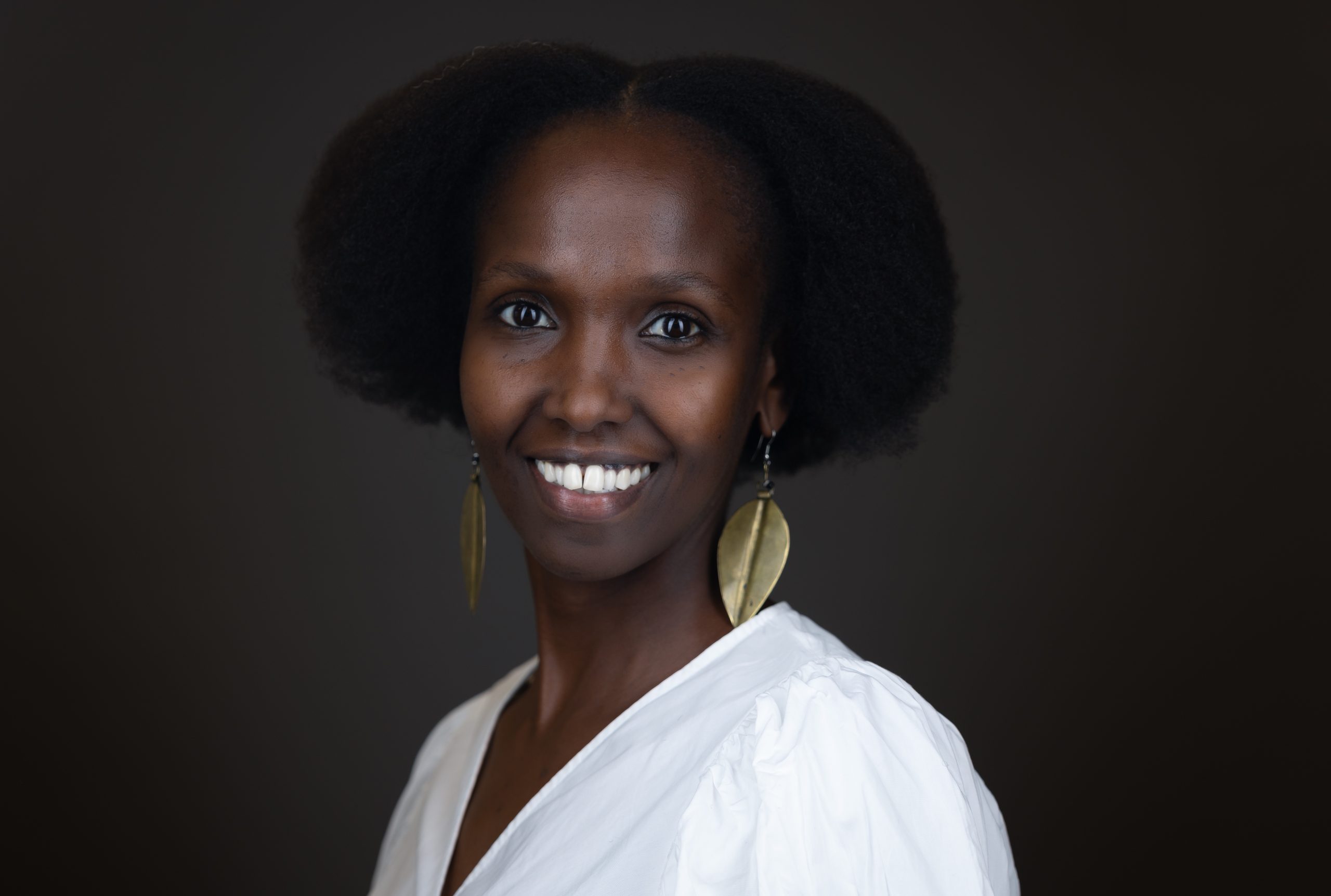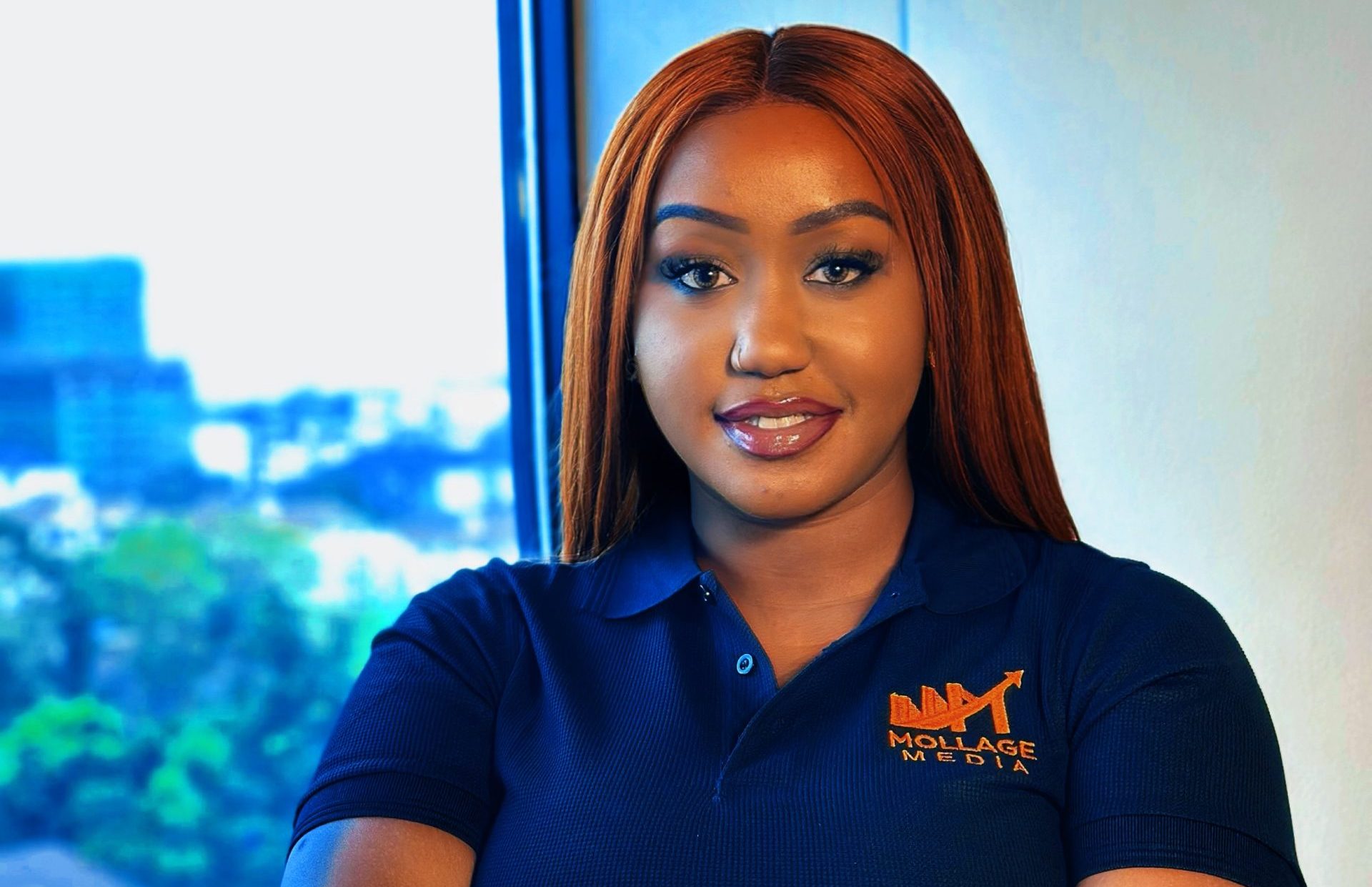In the words of Adesh Chetram, ”…clear communication, come[s] from a place of understanding.” Currently the Group Head, Integrated Communications at Nedbank, Adesh’s love for words and their power to influence behaviour has led him into a very rewarding and impactful career in Communications. As our Comms Spotlight for the week, Adesh talks to us about how he began his journey and what he does to remain innovative and valuable to his organisation.
How did you begin your journey and career in Communications?
I have always been fascinated by the power of words and the change it can affect. Communication is the most human action we can perform, yet, it can be a challenge to get right and bring about the intended result. This is why I pursued a degree in Media and Communications, and thereafter applied for roles that allowed me to compose the words that would influence the right behaviours, that shape organisations.
To achieve this, I have continually set about finding the right words, using applicable channels, creating memorable experiences and ultimately true employee engagement that comes from authentic two-way communication. And over this time, the pursuit of these words and desired outcomes has developed into a career in communications.
Can you tell us what you do as the Group Head, Integrated Communications at Strategic Planning and Economics – Nedbank?
In its most basic form, our team provides a voice to the business and an opportunity for our employees to engage with the organisation. We embody the personality of Nedbank, and dictate the tone of the organisation at any given time. The content that is communicated covers information from what our people require to do their jobs at an optimal level, to broader organisational and industry information. This provides the context to what the organisation does, and how Nedbankers may in turn play a role in this at their respective desks.
This transparency, authenticity, message consistency and actively including employees allows them to match the organisational purpose with their own and as such help build a more cohesive unit to align to the larger strategy and achieve our business goals.
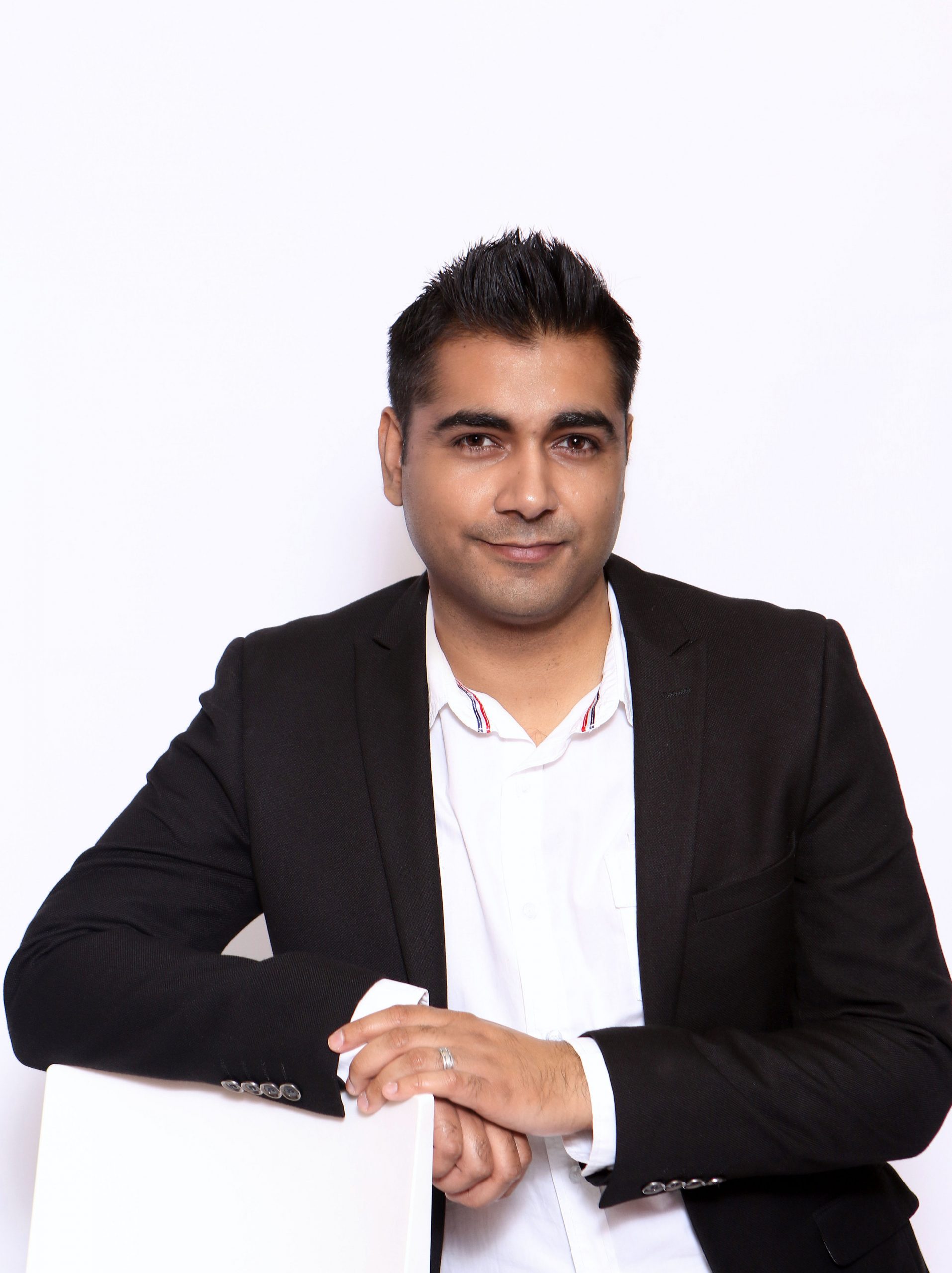
What are some of the deliberate steps you took to grow professionally?
I believe having a naturally-enquiring mind and the pursuit of continuous improvement works in harmony with the passion I hold for communications. I draw inspiration from how audiences consume information in various scenarios and I consequently challenge myself and my colleagues to test this in an organisational context.
The appetite for different types of content and delivery methods during lockdown was fascinating, from judging when bite-sized information was appropriate to then changing to more feature-length articles where content was given the space to breathe, or subject-matter experts being interviewed to gamification that elevated flat content.
Maintaining authenticity, sincerity and the personal touch on cold, one-dimensional, digital platforms became interesting to me, as did innovation and collaboration. And so, this curiosity steered my focus on how best to keep up with, and anticipate my audience’s needs, my endgame being to extract maximum value from the content I communicate, to evaluate the success of such communication, and then to take my team and colleagues through this journey. These steps, whether deliberate or attributed to an innate reaction within me, have allowed me to grow and shape my career.
What will you say is the biggest career challenge you have ever faced and how did you overcome it?
The ‘challenge’ I believe many communications practitioners face in the corporate world is twofold:
1. Establishing credibility in a boardroom of decision makers who need to recognise your value to the business, and;
2. Profiling the business benefits that can be achieved through well crafted, clear and consistent communications.
The ‘faith’ staff place in an organisation is heavily dependent on, and directly proportionate to, the communications team delivering a message well. Simply put, by living out the desired qualities I wish to have all employees display, inspires confidence and gives weight to the message I communicate, elevating and cementing my profile as a trustworthy practitioner, which translates into confidence for the organisation I represent. Yet, as simple as this challenge is to describe, cultivating a solid reputation takes a considerable amount of time, and an equally-strong work ethic to achieve.
It is further building one’s credibility via relevant and suitable channels that optimise the content both internally and externally. This means having a clear understanding of the impact effective communications can have, as well as being able to measure and demonstrate desired outcomes. This allows for a credible voice in boardrooms and ultimately a mandate to do what is required to continuously deliver for the business and contribute to a future-fit organisation through innovation, understanding, collaboration and agility.
Can you share some mentors or professionals who have played a significant role in your career so far?
I have been fortunate to have worked with a number of consummate professionals in the various environments I found myself employed, however, one principal role player, who will always stand out, is Bertus van der Vyfer. Bertus conducted, perhaps, the most intimidating interview I have sat through, interrogating my every response to the panel’s questions.
Having succeeded in that recruitment process, he later justified his intentions: to confirm whether his initial perception of my abilities – amongst others, to think on my feet – rang true. On my first day at that job, he followed through… he did not tell me about the business – he rather showed it to me.
I shadowed him through his various capacities and roles, attended meetings, and learned about the processes, systems, products and services that would eventually become the content I wrote about. That immersion set in motion the gold standard of how I would continue to write: simple, clear communications, that would come from a place of understanding.
What professional advice would you give to your younger self?
Always say ‘yes’ to learning opportunities and being exposed to alternative points of view. This diversity allows you to appreciate less-traditional people, and the why and the how of their sense making, all the while enabling you to understand yourself better, and ultimately, to optimise what you can deliver in your little corner of the world.

